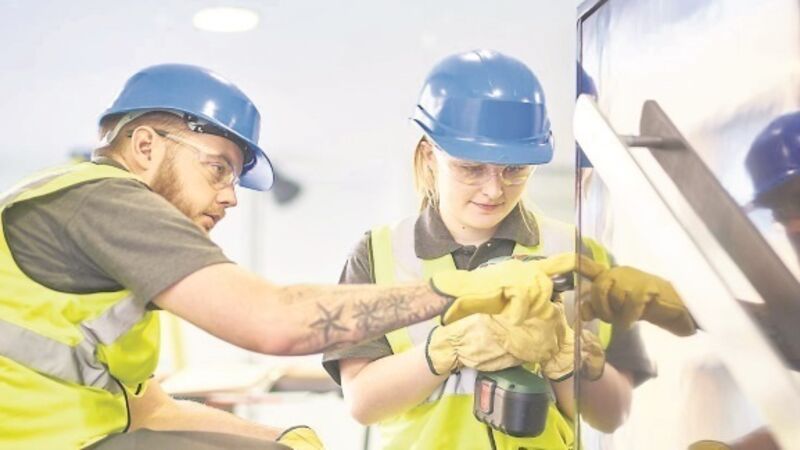How we teach our children: Ireland aims to build on strong tradition of apprenticeships

Apprenticeship is defined as a programme of structured education and training, which alternates learning in the workplace with learning in an education centre.
The national apprenticeship system is governed by legislation which sets out the overall structure of the national system, and all important protections including the responsibilities of apprentices, employers, and training providers.
















